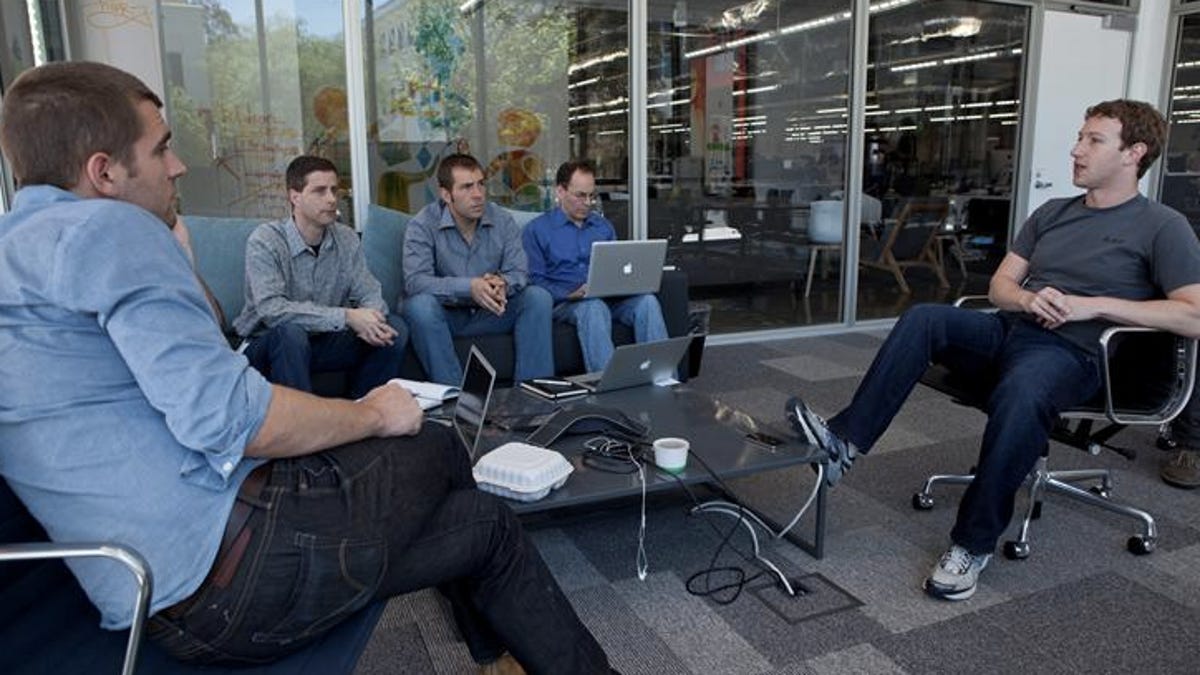Will video ads supercharge Facebook's revenue engine?
It's not clear how autoplaying video ads that take over a large part of the screen will delight Facebook users.

Yahoo's Marissa Mayer describes her scheme for fueling company growth as a kind of chain reaction. It goes like this: great people leads to great products and increased ubiquity, which drives user growth and higher engagement, leading to higher advertiser spending and ultimately more revenue.
That chain reaction underlies almost every business offering free services dependent on advertising to pay the bills. Like Mayer, Facebook's Mark Zuckerberg is seeking ways to get his chain reaction into a higher gear. Last year, Facebook generated more than $5 billion in revenue, but spent more than $4.5 billion to produce it. That's not a result that excites investors. For comparison, Google did more than $50 billion in revenue against $37.4 billion in expenses for 2012.
Now it appears Facebook is considering lucrative video ads to goose its revenue. According to a report in Ad Age, the social network might offer a small number of prime screen real estate video ads that could generate as much as $4 million per day, or about $1.46 billion annually.
Facebook is currently selling four daily summer "slots," each targeting a relatively large demographic: women over 30; women under 30; men over 30; and men over 30. The ads will be capped at 15 seconds and frequency capped to ensure that no user sees more than three per day, with an asking price of upwards of $1 million, according to one executive.
Ad Age also expects the ads to autoplay in an expanded video player, a large portion of the NewsFeed screen when the user hits the page.
In the fourth quarter 2012 earnings call, Zuckerberg telegraphed that Facebook would be selling rich media advertising, but wasn't specific about video ad integration:
For new ad experiences, I am looking forward to doing more with different kinds of media. As our News Feed design evolves to show richer kinds of stories that opens up new opportunities to offer different kinds of ads as well.
Facebook apparently thinks it can delight users with video ads, and generate billions with premium-priced inventory on NewsFeed pages.
It's not clear how autoplaying video ads that take over a large part of the screen will delight Facebook users, even if one assumes that you can quickly make the ads go away with the click of a button. The big brand advertisers looking to take their TV ad budgets online, on the other hand, will be delighted to get a chance for an automatic 15-seconds or less of targeted, measurable video viewing.
In Facebook think, ads are not a distraction from the overall user experience. In fact, Facebook considers its ads "people-focused," offering relevant and targeted products, services and brands to each user with various offers to entice buying, sharing and liking. The relevancy of Facebook ads on any given day can be debated, but the company is focused on precision targeting. Last week the company announced that it is testing retargeted ads -- take into account people's browsing behavior outside Facebook -- in NewsFeeds.
David Fischer, vice president of marketing and partnerships, says that Facebook considers advertising and user content as "either side of the same coin." Sam Lessin, director of product management at Facebook, maintains that ad content in the NewsFeed can be better content in many cases. "There are plenty of brands and companies that I want to interact with," Lessin said, speaking at the Techonomy conference in November.
The chain reaction is about obtaining the end result -- generating a big bang, the kind of revenue that delivers outsized profits. Autoplay video ads in the NewsFeed may turn off some users, but the majority of the more than one billion Facebook user will go along with the intrusion. After all, none of the billion are paying Facebook out of their pocket for the privilege of using the social network, and it has them hooked.

